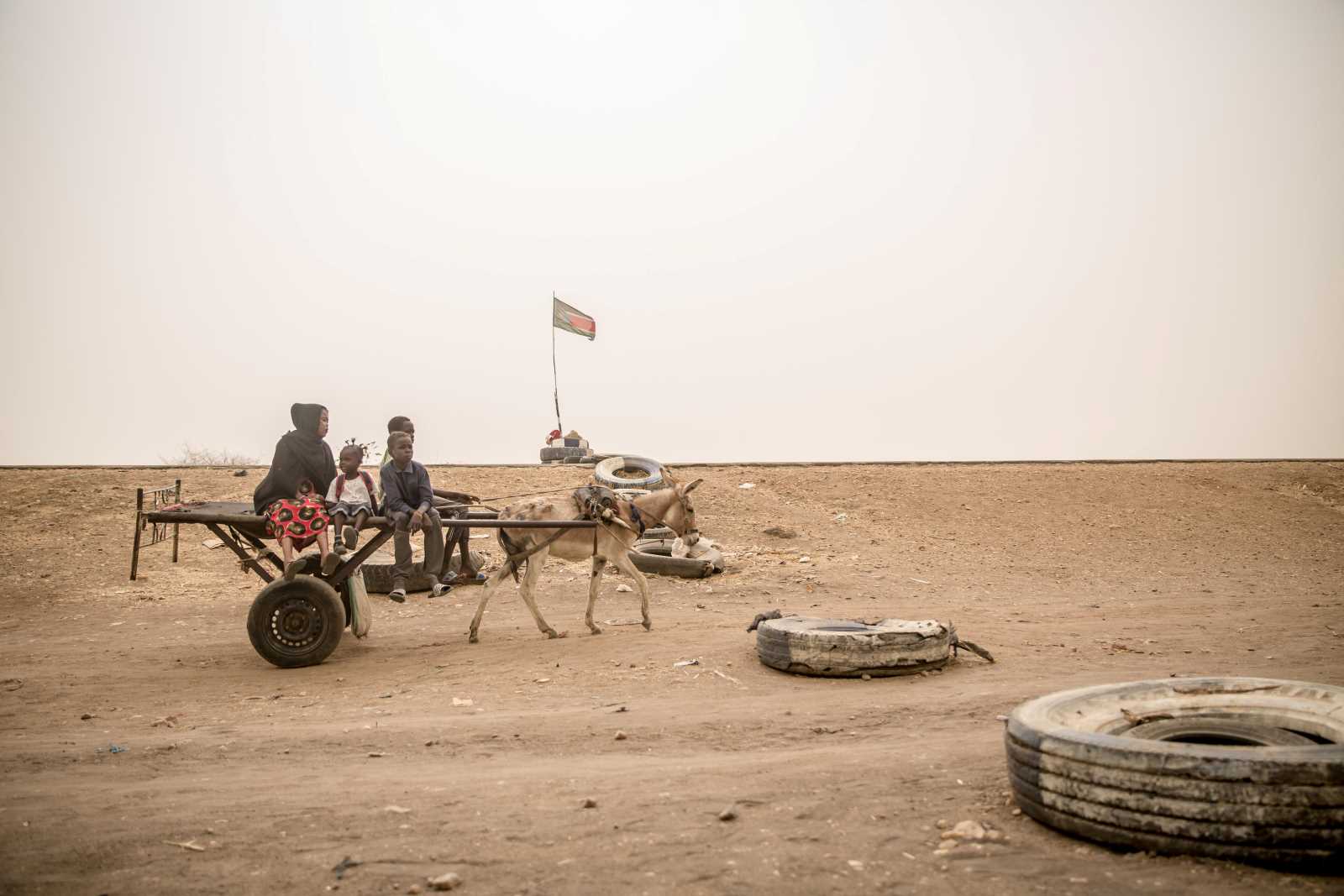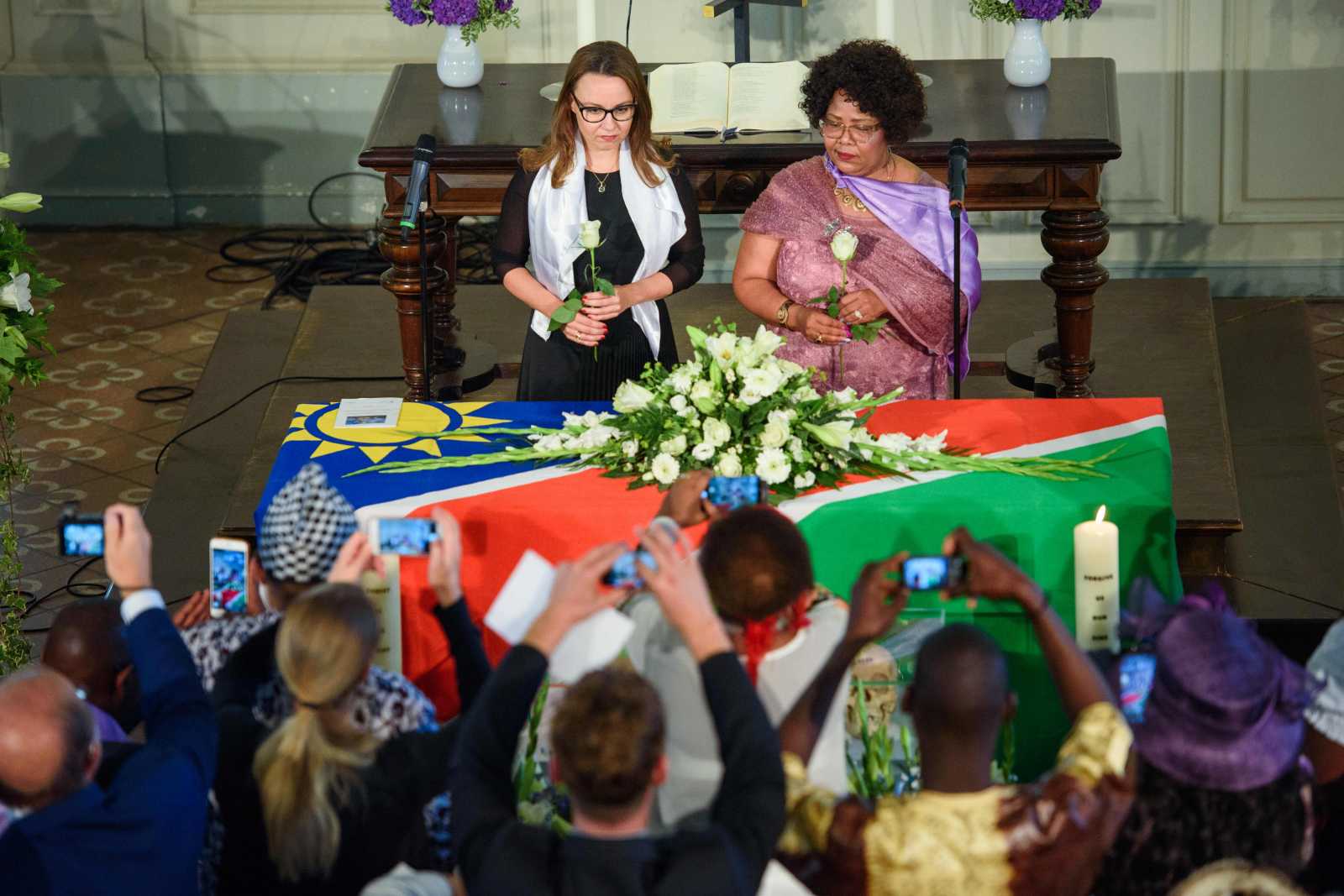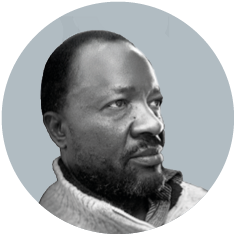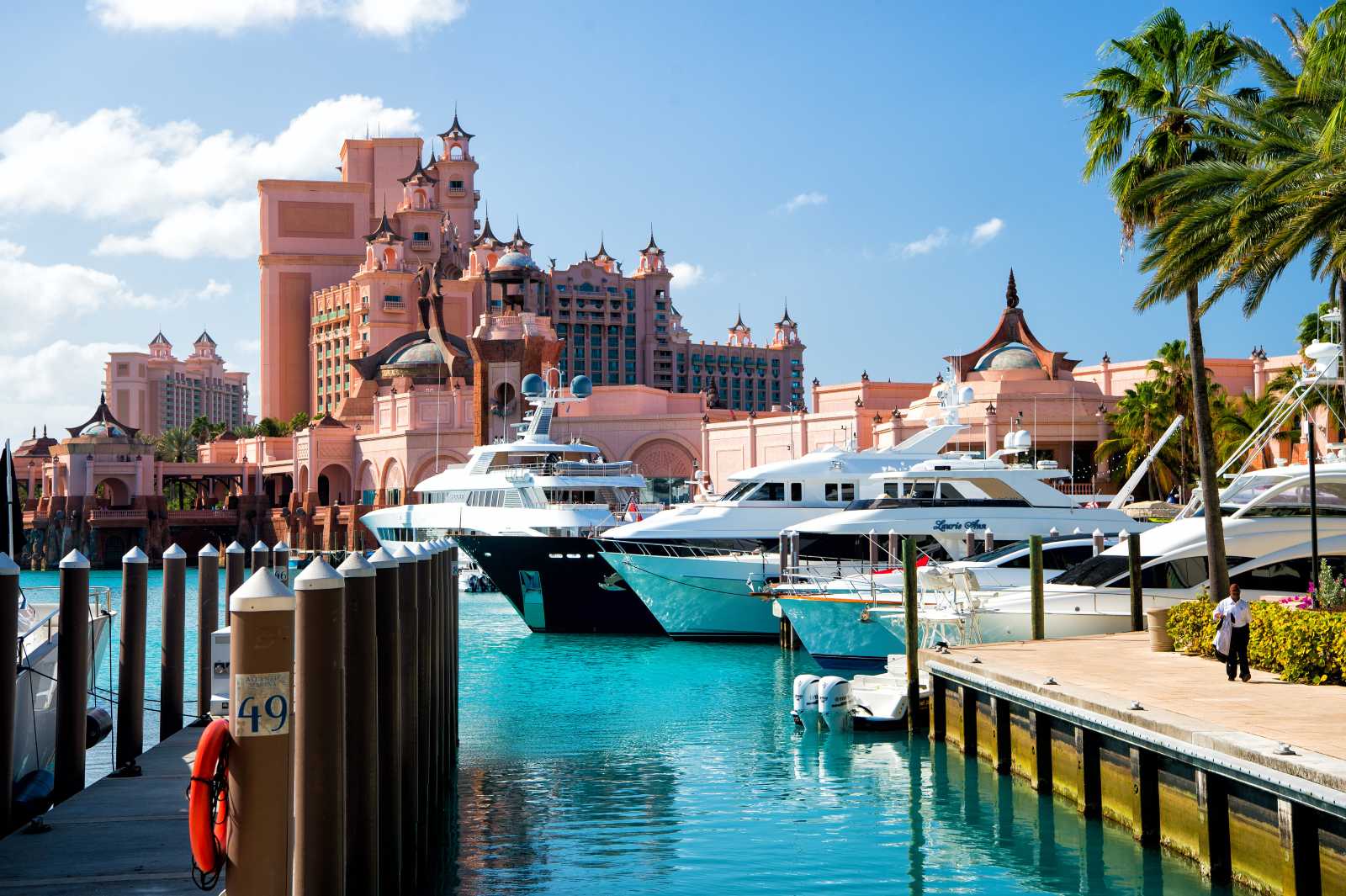International Criminal Court
Why Mongolia’s legal failure to arrest Putin has only limited political impact
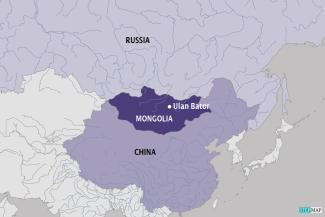
The ICC had issued an arrest warrant for Putin in March 2023. The Russian leader is accused of war crimes in Ukraine.
Mongolia’s failure is disappointing. It confirms the precedent of a member country not living up to ICC obligations. For several reasons, however, the international implications are not as far-reaching as those of South Africa’s failure in 2015 to arrest Omar al-Bashir, Sudan’s then president (see Tom Dannenbaum).
The main reason is that Mongolia is a very small and rather isolated country, whereas South Africa is a – and perhaps even the – heavyweight of its continent. Mongolia has a bit more than three million people. Its huge territory is sandwiched between two geopolitical giants, Russia and China. Mongolia therefore has no neighbours which might be influenced by its actions. It does not belong to important regional organisations which might be expected to stand up to Russia or China.
When South Africa let al-Bashir escape, it reinforced anti-ICC sentiments that were spreading in Africa, including in countries that belong to both the African Union and the ICC. South Africa’s stance thus undermined the international legitimacy of the court in a way that Mongolia’s action now will not. South Africa’s Supreme Court of Appeal later called the government’s conduct “disgraceful”.
No airplane would have brought Putin to Europe
Mongolia depends on both of its giant neighbours. In the current global scenario, moreover, China and Russia are allies, so confronting one of the two would imply provoking the other one as well. Had Mongolia arrested Putin, its government would immediately have been under very heavy pressure to release him again. Most likely, the government would never have been able to extradite him to the ICC in the Hague. After all, any airplane with him on board would have had to cross long stretches of either Russian or Chinese territory, and neither government would have allowed it to fly all the way to Europe.
It is regrettable, of course, that this episode has helped Putin project his power internationally. Mongolia let him defy the authority of the ICC. Fearing arrest, he had actually shied away from attending the BRICS summit in South Africa last year. The plain fact that Mongolia is a very small player on the international stage with two very powerful neighbours, however, means that it hardly serves as a model for other countries’ action at all. The political relevance of this legal failure is therefore only minor.
Hans Dembowski is editor-in-chief of D+C/E+Z.
euz.editor@dandc.eu

